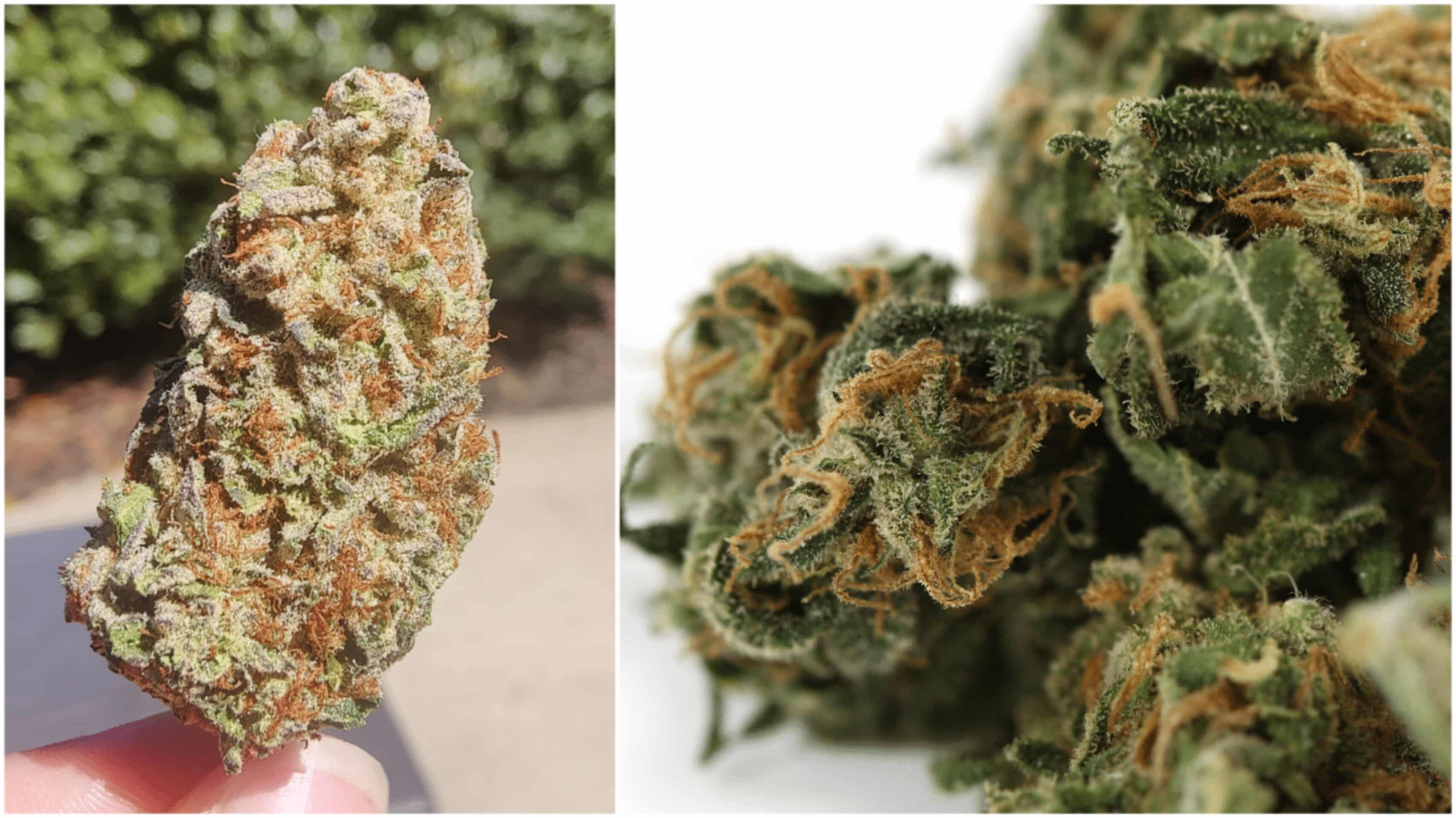In the ever-evolving landscape of alternative medicine, cannabis continues to stimulate discussions and research, particularly with the non-intoxicating compound tetrahydrocannabinolic acid (THCA). THCA doesn't deliver the "high" typically associated with THC, and it's becoming a focal point for individuals seeking the myriad claimed health benefits of cannabis without the psychotropic effects. This article explores the promising therapeutic applications and uses of thc a flower.

Understanding THCA
Before delving into its therapeutic uses, it's essential to know that while THCA becomes THC when heated, it remains a distinct cannabinoid with unique properties at its acidic form, stored in raw cannabis. As research continues, the compound shows potential anti-inflammatory, neuroprotective, and anti-cancer properties. But because it lacks psychoactivity, users can tap into these potential benefits while maintaining a clear head.
The Anti-Inflammatory Powerhouse
One of the most compelling potential benefits of THCA is its anti-inflammatory properties. Chronic inflammation is at the root of many overarching health concerns, including arthritis, heart disease, and some forms of cancer. Studies have suggested that THCA has very high anti-inflammatory properties when tested in cell cultures. This paves the way for exploring THCA as a natural alternative for managing inflammatory conditions, with a reduced risk of side effects compared to traditional anti-inflammatory medications.
Neuroprotection without the High
THCA has begun to show promise as a neuroprotectant, which is particularly exciting in the context of treating neurodegenerative diseases like Alzheimer's and Parkinson's. In preclinical studies on animal models, THCA demonstrated the ability to mitigate neuron damage. This raises the potential for it to be incorporated into neuroprotective therapies with the added benefit of not impairing cognitive function. The neuroprotective qualities of THCA suggest its potential for mitigating symptoms and even slowing the progression of various neurological disorders.
Anti-Cancer Potential
Another area of research sees THCA being investigated for its possible anti-cancer properties. In a study published in the British Journal of Pharmacology, THCA showed promise in inhibiting the proliferation and migration of cancer cells in vitro. While this is just one of many steps involved in the development of cancer, the results indicate that THCA may have a role in future anti-cancer therapies. The non-intoxicating nature of THCA could make it a groundbreaking component in holistic cancer care, providing options that don't compromise patients' mental clarity while fighting the disease.
Addressing Nausea and Appetite
THCA's potential extends further to addressing the symptoms of conditions like HIV/AIDS and cancer, where maintaining appetite and managing nausea from both the disease and treatments are vital. Some animal studies suggest THCA may help manage these symptoms, which could significantly improve the quality of life for patients undergoing treatments. The benefits could extend to a broader patient population, potentially aiding in the management of conditions that co-opt the body's natural appetite-regulation systems.
Tips for Consumption
If you're considering using THCA, you'll want to ensure you're reaping its benefits. Because THCA is the precursor to THC, it won't pharmacologically benefit you unless you decarboxylate it—heat activates this conversion. Here are a few tips for consuming THCA flower to maximize its potential:
- Consider a vaporizer or dab rig that allows you to heat the flower without combusting it.
- Cold-press juices made from raw cannabis can be another way to access THCA, as no heat is used.
- If you prefer edibles, ensure the preparation method includes temperatures that preserve THCA.
Conclusion
The medicinal potential of THCA is vast and varied, with immense possibilities for everything from reducing inflammation to fighting cancer. Despite the encouraging results from preclinical studies, more research is needed to fully understand and harness the therapeutic applications of THCA. As regulations around cannabis evolve, we can anticipate more studies to solidify THCA's place in the future of medicine. In the meantime, for those looking to harness the essence of cannabis for its therapeutic benefits, exploring products that retain THCA in its natural state could offer a gentle yet powerful ally in the quest for well-being.
 icons at the top right corner of the subsection.
icons at the top right corner of the subsection.